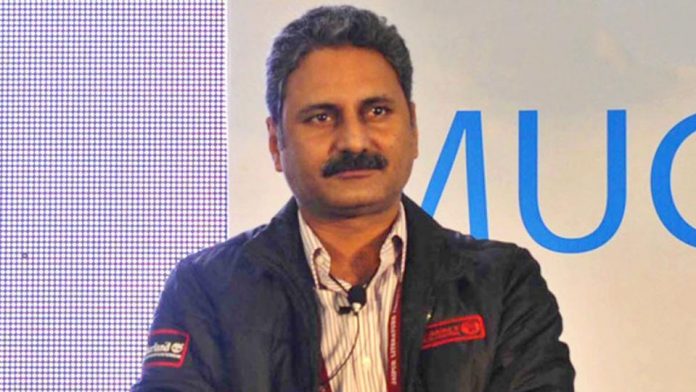The Delhi High Court on Monday, Providing Mahmood Farooqui the “benefit of doubt”, set aside a trial court order sentencing Mahmood Farooqui, co-director of Bollywood film Peepli Live, to seven years imprisonment for the alleged rape of a US researcher.
Mahmood Farooqui’s wife Anusha Rizvi expressed her relief on the decision stating, “very relieved”. “Vindicated… victory of truth. I am grateful to judiciary, legal team,” she said.
“It remains in doubt whether such an incident, as has been narrated… took place, and if at all it had taken place, it was without the consent/will of the prosecutrix (the woman), and if it was without the consent… whether the appellant (Farooqui) could discern/understand the same,” said Justice Ashutosh Kumar, acquitting Farooqui.
Advocate Vrinda Grover, arguing ob behalf of the women said, they can only comment after reading the copy of the judgment.
The Case:
On June 19, 2015, police had registered an FIR against Mahmood Farooqui on the complaint of a research scholar from a US-based university, based on which he was arrested. The woman had alleged that she was raped by Farooqui on March 28, 2015, at his Sukhdev Vihar residence.
Trail:
Trial began in the case on September 9, 2015 and Farooqui was convicted of rape on July 30, 2016. He then filed an appeal in the High Court against the order.
The trial court had said that the testimony of the woman was “truthful and credible and can be relied upon as being of sterling worth for the purpose of conviction of the accused”. Underlining that delay in lodging an FIR was satisfactorily explained, the court said “there was no reason for the prosecutrix to falsely implicate the accused”.
On Monday, Justice Ashutosh Kumar said the woman had become “very familiar” with Farooqui, and the relationship extended beyond one between a guide and a researcher.
“Consent does not merely mean hesitation or reluctance or a ‘no’ to any sexual advances, but has to be an affirmative one in clear terms,” the judge said, noting that both were known to each other, were people of letters, academically proficient and had had physical contact in the past.
“In such cases , it would be really difficult to decipher whether little or no resistance and a feeble ‘no’ was actually a denial of consent,” the judge said.
“The questions that arise are whether or not there was consent; whether the appellant mistakenly accepted the moves of the prosecutrix as consent; whether the feelings of the prosecutrix could be effectively communicated and whether mistaking all this for consent by the appellant is genuine or only a ruse for his defence,” the judge said adding, “at what point of time and for what particular move, the appellant did not have the consent is not known.”





